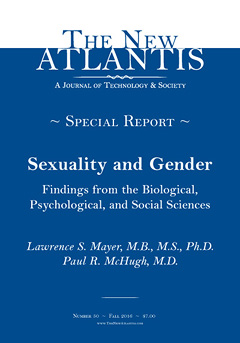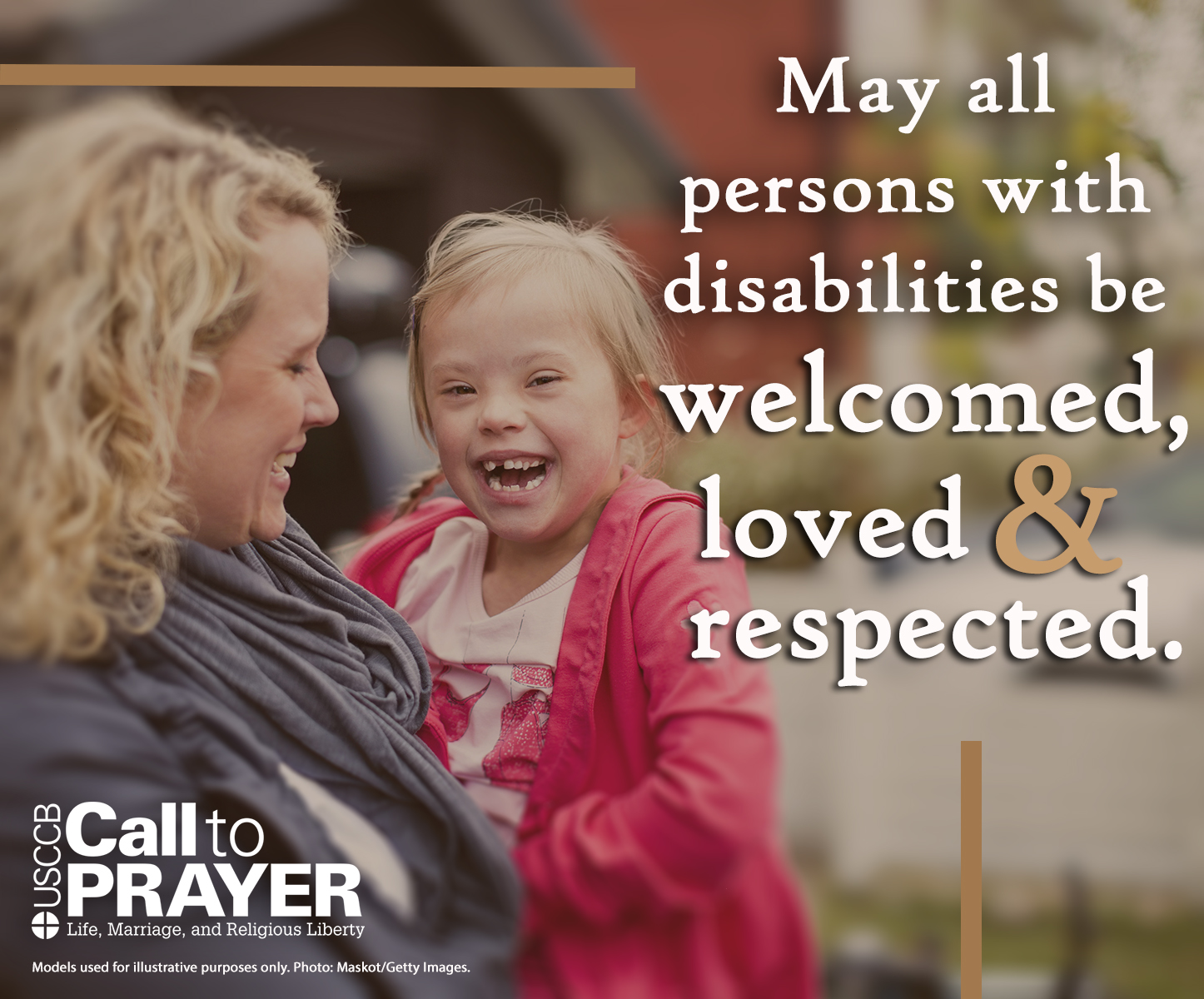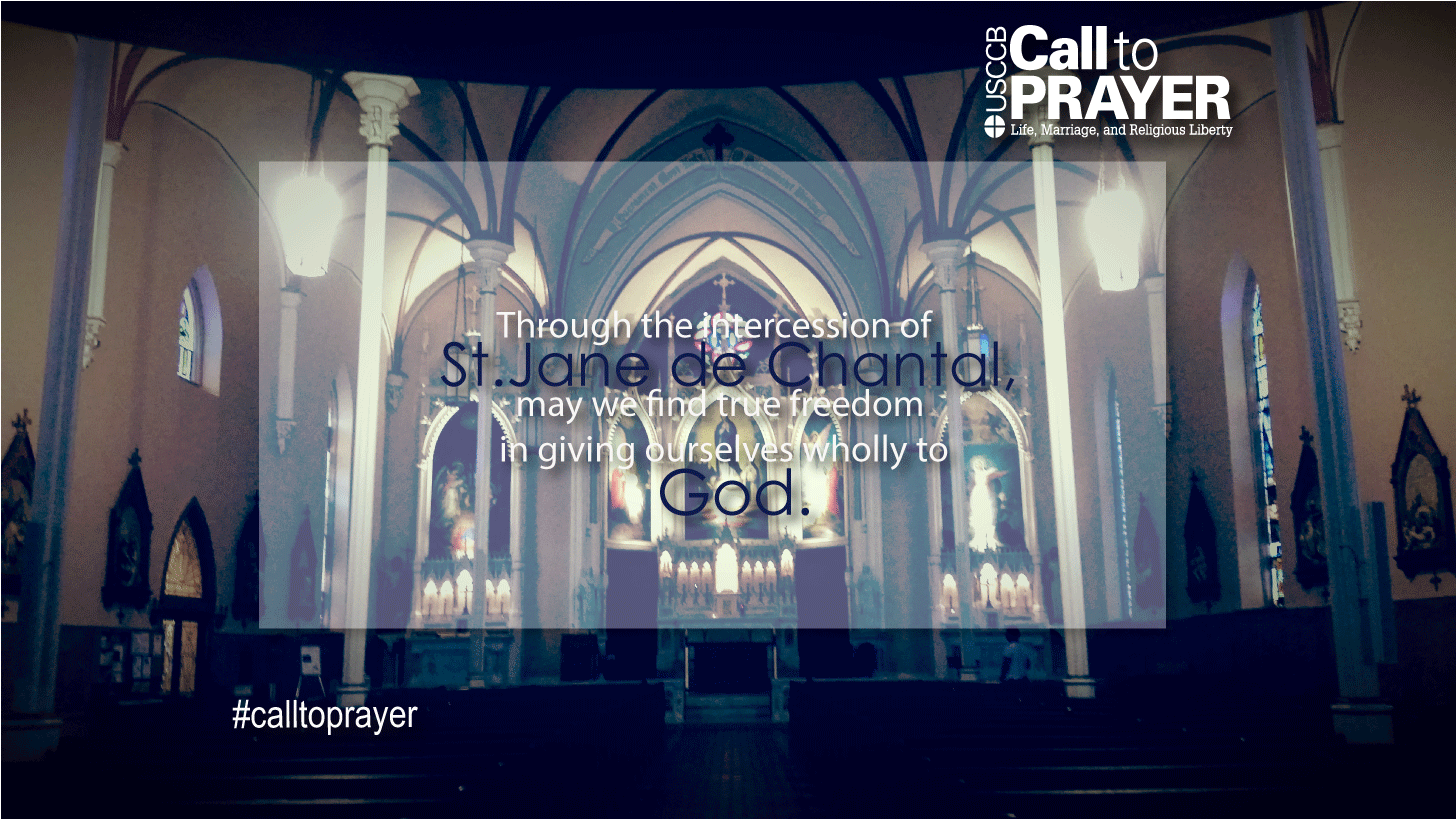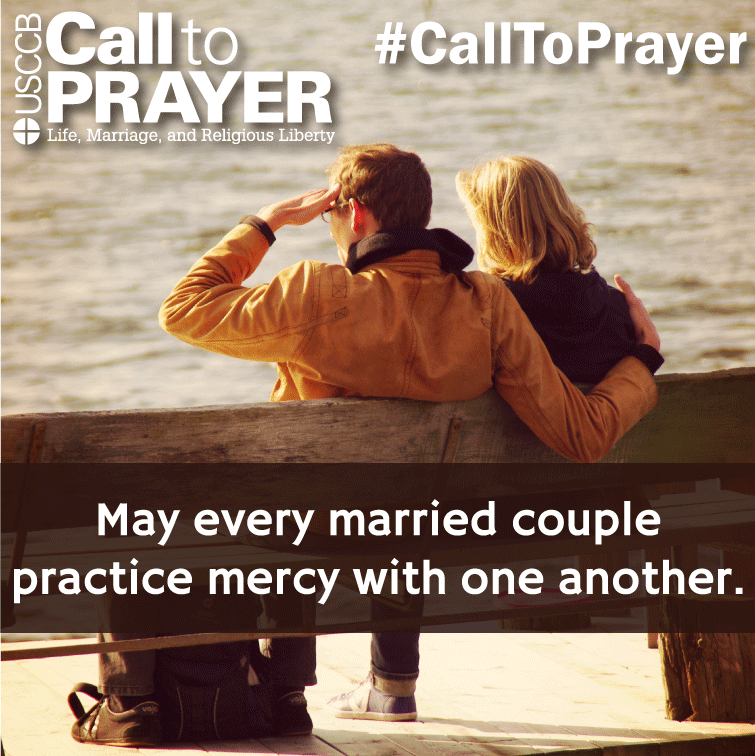Archbishop Chaput: Report on Sexuality and Gender
Archbishop Chaput, incoming chairman for the Bishops’ Committee for Laity, Marriage, Family Life, and Youth, shares segments from the report on sexuality and gender from The New Atlantis in his column this week.
He notes: “We live in a time when fundamental elements of human identity are routinely challenged and reimagined, with consequences impossible to predict. The New Atlantis does all of us a service by publishing the ‘Sexuality and Gender’ report, and restoring some badly needed clarity, scientific substance and prudence to our discussions.”
Archive
Report on Sexuality and Gender
 A new extensive report on sexuality and gender has been issued by The New Atlantis: A Journal of Science and Technology. The report examines a number of claims about the topic in light of the available data.
A new extensive report on sexuality and gender has been issued by The New Atlantis: A Journal of Science and Technology. The report examines a number of claims about the topic in light of the available data.
Doctors Mayer and McHugh have also answered some frequently asked questions about the report.
Archive
Call to Prayer: August 19, 2016
Archive
Call to Prayer: August 12, 2016
Archive
Reality vs. Infertility
This news story from The New York Times highlights in a helpful way the extent to which many people have effectively divorced themselves from the reality of the human being as a bodily entity faced with biological facts. Two same-sex couples (four women) are suing a New Jersey state commissioner over an insurance mandate about infertility coverage which they claim discriminates against them. The complaint? “It defines infertility as the inability to impregnate another person, the inability to carry a pregnancy to live birth or the inability to conceive after one or two years of unprotected sex, depending on the woman’s age.” While this definition may sound innocuous, the women in the lawsuit claim discrimination because this definition could never apply to them, and hence coverage for “infertility treatment” is inaccessible.
“Where do babies come from?” is a child’s question with a concrete, physical, objective answer. When a mom (for example) answers this question from her precocious four-year-old, she may not go into detail, but she will at the very least include a man and a woman in the answer. Indeed, babies come from a specific action requiring two persons of the opposite sex. Even with immoral procedures like IVF, which separates the coming-to-be of a child from a couple’s intimacy, a male and female contribution is required.
Given these foundational facts, two women can’t be fertile together, no matter how much they want to “start a family,” and no matter if both of them individually are healthy and fertile. As Mat Staver, founder and chairman of the Liberty Counsel law firm said, the policy “does not discriminate against same-sex couples. These women have chosen to engage in sexual relations that cannot produce a child and now they want the insurance company to pay for their personal choices.”
Further, children are not a right; they are not owed to anyone. Pope Francis reminds us of this in Amoris Laetitia when he writes about the right children have to the love of both their mother and their father, together. “Without this, a child could become a mere plaything” (no. 172). Addressing the idea that children are one’s right, the pope says:
The choice of adoption and foster care expresses a particular kind of fruitfulness in the marriage experience, and not only in cases of infertility. In the light of those situations where a child is desired at any cost, as a right for one’s self- fulfilment, adoption and foster care, correctly understood, manifest an important aspect of parenting and the raising of children. They make people aware that children, whether natural, adoptive or taken in foster care, are persons in their own right who need to be accepted, loved and cared for, and not just brought into this world (no. 180, emphasis mine).
Children are a gift from God, meant to be received by the couple through a loving act of sexual intimacy and not demanded as a right by any means possible.
Another problematic aspect of the lawsuit is that it minimizes the real experience of infertility. These women claim to understand a pain that is inaccessible to them. Two women may deeply desire a child, but at no time could they realistically have thought that they would be able to have one together (ever) or to have one without scientific intervention (for one of them). They could not wonder, each time they physically expressed their love for one another, whether this would be the moment that their child would come into existence. They could not experience a time of waiting and anticipating, only to be disappointed. For those who have actually suffered from infertility, comparing these two situations can be painful and even offensive. Further, true infertility treatment seeks to heal the underlying medical reasons for a couple’s infertility so that they are able to conceive a child together. The “treatment” described in the article does no such thing, and in fact “treats” nothing.
The article does provide a great opportunity to think about a beautiful phrase, not without its pain, that comes from the experience of many Catholic married couples: “We experience infertility.” We… Not I. This comes from a deeper understanding of fertility and infertility, given the truth of the human person and our call to marital love and the gift of self. An individual man or woman may have “working organs” and in that sense be “fertile”; but fertility (and therefore infertility) more properly belongs to a couple who is united in a procreative act of intercourse. A man or a woman cannot have a child by him- or herself because we are a sexually reproductive species. Being fertile, then, does no individual person any good unless they are united to someone of the opposite sex. Only in a marital union does fertility take on its full meaning.
Archive
Faithful Witness to Marriage
This article was originally posted on the USCCB blog here.
By Archbishop Joseph E. Kurtz, Bishop Richard J. Malone and Archbishop Thomas G. Wenski
Questions revolving around marriage and human sexuality are deeply felt in our homes and communities. We join with our Holy Father Pope Francis in affirming the inviolable dignity of all people and the Church’s important role in accompanying all those in need. In doing so, we also stand with Pope Francis in preserving the dignity and meaning of marriage as the union of a man and a woman. The two strands of the dignity of the person and the dignity of marriage and the family are interwoven. To pull apart one is to unravel the whole fabric.
When a prominent Catholic politician publicly and voluntarily officiates at a ceremony to solemnize the relationship of two people of the same-sex, confusion arises regarding Catholic teaching on marriage and the corresponding moral obligations of Catholics. What we see is a counter witness, instead of a faithful one founded in the truth.
Pope Francis has been very clear in affirming the truth and constant teaching of the Church that same-sex relationships cannot be considered “in any way similar or even remotely analogous to God’s plan for marriage and family.”(1) Laws that redefine marriage to deny its essential meaning are among those that Catholics must oppose, including in their application after they are passed.(2) Such witness is always for the sake of the common good.
During our Holy Father’s remarkable visit to us last year, he reminded us that all politicians “are called to defend and preserve the dignity of [their] fellow citizens in the tireless and demanding pursuit of the common good, for this is the chief aim of all politics.”(3) Catholic politicians in particular are called to “a heroic commitment” on behalf of the common good and to “recognize their grave responsibility in society to support laws shaped by these fundamental human values and oppose laws and policies that violate [them].”(4)
Faithful witness can be challenging—and it will only grow more challenging in the years to come—but it is also the joy and responsibility of all Catholics, especially those who have embraced positions of leadership and public service.
Let us pray for our Catholic leaders in public life, that they may fulfill the responsibilities entrusted to them with grace and courage and offer a faithful witness that will bring much needed light to the world. And may all of us as Catholics help each other be faithful and joyful witnesses wherever we are called.
—
Archbishop Joseph E. Kurtz of Louisville, Kentucky, is president of the U.S. Conference of Catholic Bishops; Bishop Richard J. Malone of Buffalo, New York, is chairman of the USCCB Committee on Laity, Marriage, Family Life and Youth; and Archbishop Thomas G. Wenski of Miami, is chairman of the USCCB Committee on Domestic Justice and Human Development.
—–
1 Amoris Laetitia (2016), no. 251.
2 See USCCB, Forming Consciences for Faithful Citizenship (2015), no. 23; Congregation for the Doctrine of the Faith, Considerations Regarding Proposals to Give Legal Recognition to Unions between Homosexual Persons (2003), no. 5
3 Address to Congress, September 24, 2015.
4 Faithful Citizenship, no. 39.
Archive
Pope Francis and “Ideological Colonization”
Our Holy Father Pope Francis has once again surprised the media (this is just one example) with a brief and frank comment about gender ideology. This comment was made during an open discussion with the Polish bishops during the pope’s trip for World Youth Day.
The comment was in response to a question about migrants and is as follows:
I would like to conclude with this aspect, since behind all this there are ideologies. In Europe, America, Latin America, Africa, and in some countries of Asia, there are genuine forms of ideological colonization taking place. And one of these – I will call it clearly by its name – is [the ideology of] “gender”. Today children – children! – are taught in school that everyone can choose his or her sex. Why are they teaching this? Because the books are provided by the persons and institutions that give you money. These forms of ideological colonization are also supported by influential countries. And this terrible!
In a conversation with Pope Benedict, who is in good health and very perceptive, he said to me: “Holiness, this is the age of sin against God the Creator”. He is very perceptive. God created man and woman; God created the world in a certain way… and we are doing the exact opposite. God gave us things in a “raw” state, so that we could shape a culture; and then with this culture, we are shaping things that bring us back to the “raw” state! Pope Benedict’s observation should make us think. “This is the age of sin against God the Creator”. That will help us.
One might ask, how is what the pope said such a surprise?
Pope Francis has commented a number of times on the “ideology of gender” and even the “ideological colonization” that attacks the family. (See, for example, Amoris Laetitia, no. 56; his Meeting with Families in Manila on January 16, 2015; his Address in Naples on March 23, 2015; his General Audience on April 15, 2015; his Address to the bishops of Puerto Rico on June 8, 2015; and his Address to Équipes de Notre Dame on September 10, 2015.)
This is in addition to the numerous times that the Holy Father has insisted (reflecting the Catechism of the Catholic Church, nos. 2333 and 2393) that all men and women are called to accept their sexual identities (see Amoris Laetitia, nos. 285-286 ; Laudato si’ no. 155) and that the family, based on the marriage between one man and one woman, is essential for children’s development (see, for example, Lumen Fidei, no. 52; Address to the Bishops of Malawi, November 6, 2014; Address to the International Catholic Child Bureau, April 11, 2014; Message for the 49th World Communications Day, January 23, 2015; and Welcome Ceremony in La Paz, Bolivia, July 8, 2015).
Does this mean that the pope is somehow out-of-step with his own declarations about the mercy of God and the abundance of love that God has for each person? Surely not. In fact, these assertions by the Holy Father are no doubt uttered with profound love for those who are harmed by the confusion and pain that gender ideology causes. For if we are created by the loving God as male and female, then we will not find happiness or fulfillment by rejecting this fundamental fact of our existence. Out of love, then, Pope Francis points out the errors in gender ideology and encourages bishops and all Catholics to do the same.
Archive
Call to Prayer: August 5, 2016
Archive
Do Fathers Matter? by Paul Raeburn: A Review

In a world where many children grow up without one parent or the other, it is perceived as ill-mannered to ask a question like the title of Paul Raeburn’s book: Do Fathers Matter? Many people dismiss this question as irrelevant, not worth asking, or even offensive.
To illustrate this point, journalist Raeburn begins his survey of the social and behavioral sciences regarding fathers with a striking anecdote. He was attending a writers’ conference and making conversation with another participant. When he told the woman the title of his book, she responded, “Well, of course they don’t” (15). As a single mother, she may have felt threatened by what Raeburn was learning about the importance of fathers.
In fact, Raeburn convincingly argues that fathers do matter to their children. Motivated in part by his own experience of fatherhood, he wanted to know more about this fundamental truth. At the same time, at various times in the book the reader senses Raeburn’s discomfort with the possible implications of this research. If fathers really are so important, it follows that intentionally depriving a child of a father is wrong. Raeburn is not quite ready to say that, even while he points out the facts about what a father’s presence gives to his children.
Raeburn begins his study of human fatherhood by looking at other mammals as well as other cultures. He notes that unlike the rest of the animal kingdom, “There is no example of a human society in which fathers do not help raise the children” (19). He suggests that one of the reasons this is the case is that human children need significant help to survive. Raeburn notes the work of the anthropologist Barry Hewlett with a group of pygmies in the Congo, among whom fathers are extremely active in infant and child care. “They show us that fathers can—and will—do more in the right circumstances” (26). When societies are structured in such a way that fathers are expected to do more, they do so. In the West, Raeburn argues, time with dad is seen as playtime, whereas in a number of other cultures, “quantity” time is valued in fatherhood, in other words, even if the child does not have dad’s undivided attention, he is present (26).
On the subject of genes and inheritance, Raeburn notes studies that show that the diet, habits, and environment of the father can alter even the genes that he passes on to his children. He also explains a number of studies about how the father affects and is affected by pregnancy and genetics. One notable fact for married readers: “The single most powerful predictor of the fathers’ engagement with their children is the quality of the men’s relationship with the child’s mother” (89). This is a great reminder that men and women should prioritize their relationship with one another as husband and wife even once children come along.
Raeburn uses studies of mice, monkeys, and other animals to illustrate that when males are given more responsibility for their offspring, both father and children are better off. Time spent with their infant, for example, changes the brains of fathers as well as mothers. Physically, fathers are different than non-fathers. Parts of the brain related to stress and brain hormones related to bonding were active in mouse “dads” and not in a control group, for example (102). Scientists also discovered that fathers are often preoccupied, almost “obsessed” with their child from the 8th month of pregnancy until birth, frequently experiencing “intrusive thoughts” about problems that could occur (131). And children whose fathers are more actively involved tend to develop stronger language skills, have more courage, and are better able to adjust to the unexpected. Much of this is believed to come from the way that fathers play with their children, which tends to be less protective and more “risky.” Raeburn notes, “Fathers’ unpredictability helps children learn to be brave in difficult situations or when meeting new people” (149).
Research on teenagers highlights the often-noted fact that absent fathers can lead to an earlier onset of puberty and earlier sexual activity in teenage girls. Effects on boys are not as clear, but teen boys are less likely to “engage in delinquent behavior” if the father is at home (222). Raeburn notes that all teenagers need to be aware of their parents’ acceptance of them, and this seems to be even stronger in relationships with the father. “The influence of father’s rejection can be greater than that of mothers,” he writes (179).
Raeburn also examines the effects of older fatherhood, which is more common today. Much is said about a woman’s biological clock, but since men are physically capable of fathering children for their entire adulthood, less has been said about theirs. There is increasing evidence, however, that a man’s age does affect his children genetically and increases the chances for certain disorders like autism or schizophrenia. Men and women have the healthiest children in their twenties, and this is fairly indisputable (201). There are about twenty problems that have been linked to advanced paternal age, and women whose partners are over 35 have three times as many miscarriages (187). Raeburn notes that sperm are more vulnerable to genetic damage than eggs are, since they are constantly being copied (190). This section is where the book veers most from a Catholic view, suggesting that it may be better to avoid children altogether if the risks of disorder are high. “Termination” is given as an option in case of Down Syndrome or other genetic disorders. Ironically, the interviewee from the American College of Medical Genetics says that it’s important for parents to have all this information because it “influences the health of someone whom nobody else can speak up for—the child” (200). It is impossible to understand how “speaking up” for a child would mean aborting them.
Raeburn writes about what fathers do in his final chapter, noting the great changes that historical shifts have made in family relations. “For most of human history, fathers were responsible for protecting their children and for teaching them the things they needed to know to survive and prosper” (212). Work is now almost always away from the family, and both men and women in 2012 are working more hours than in 1965 (213). Americans also work more than almost any other modern society, and the U.S. is one of the only countries without guaranteed paid maternity/paternity leave (214). Work-family conflicts are now common for both men and women, with both expected to earn money outside the home and keep the home running. Raeburn also notes that despite expectations of shared parenting, often women take on a larger role than men, and both parents find it much more difficult than they thought it would be.
Overall, Do Fathers Matter? was a good read and a conversation-starter. Men may appreciate learning how their fathers have impacted them, and how they in turn may impact future generations. Women may also be encouraged not to overlook the effect their fathers have on them and see how important it is to choose a husband who would be a good father. This would be a good book for couples to read together because it raises a few questions and challenges for modern men and women, and particularly for parents: Does mom ever interfere with “daddy time”? Does dad see changing diapers or wiping noses as “women’s work”? What work / at-home arrangement is best for your family? Fathers, how can you make sure you are affirming your teenage children?
(Review also posted at For Your Marriage)


